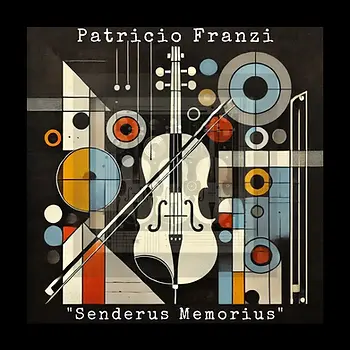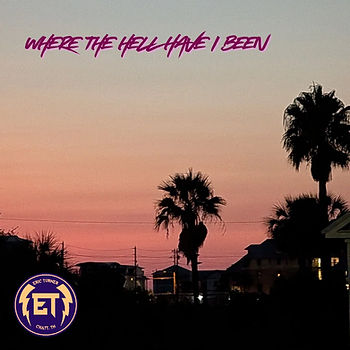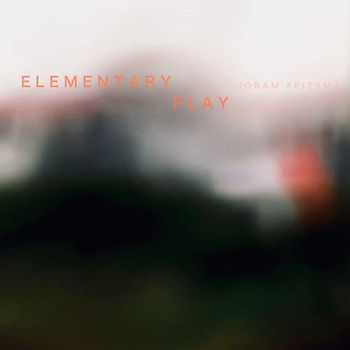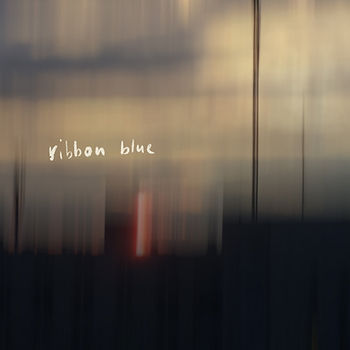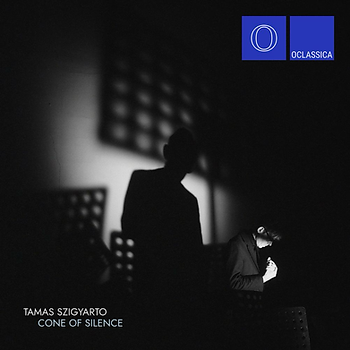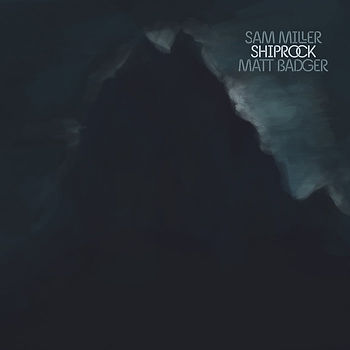Pastorale, the new collaborative album by ARIA-nominated trio East of West and acclaimed Sydney-based composer and pianist Romano Crivici, is not just a collection of pieces—it’s a journey across musical landscapes. Blending Balkan rhythms, Middle Eastern melodic phrasing, contemporary classical textures, and jazz-influenced improvisation, this album unfolds like a multilingual conversation spoken through instruments. With each track, the listener is invited into a richly woven world where oud, piano, double bass, and percussion speak in their native tongues—yet somehow, always understand one another.

The free rhythmical style and free-floating melodic progressions of Middle Eastern music, the complex 11 or 7 beat rhythmic patterns, the sentencing style of the Eastern music combined with a jazz-like base and a classical chamber music style bed of harmonies has created a unique sound. A sound that stands out for its exoticness but invites itself in for its familiarities.
With the piano playing arpeggios and occasionally the main melody, oud playing the melodies, and a jazz bass with percussions, the quartet brings in a mix of textures that from their blend raises a tapestry of sound like no other.
“Where is Your Accent From” is the opener of the album. It starts with the oud playing solo and free rhythm. Then piano with an ostinato-style arpeggio enters, beginning a different language in the mix. With the return of the oud, the duo gets in a conversation in different languages—but they do understand each other. Each is speaking in their own language, but they don’t need translation as each one’s language is completely understood by the other. The piece continues in different modes with the addition of bass and percussion, a more grounded and rhythmically tangible piece. The piano keeps the momentum with its arpeggio. The piece develops further into a free landscape for oud and piano to speak their truth, then back to the rhythms and so on. This piece, which lasts a bit longer than 9 minutes, is a testament in combining different musical languages—a poem in different tongues, each verse from a different culture, and somehow it all makes perfect sense together.
“Quiet Days in West End” again starts with solo oud, this time playing on a pentatonic scale, making it sound a bit Eastern and adding a different semantic to the texture. This piece is a mix of everything—from Middle East to East to West, all are here to live in harmony together.
“Small Eyes,” unlike the first two pieces, is more piano-centered, a bit more jazzy. It feels like this time the oud is at the piano’s home. Be that as it may, the duo of piano and oud still makes a perfect mixture. The percussion and bass as always add to the depth of the piece.
“Takt” is very close to the Iranian musical form Reng—it could be considered the equivalent of a dance suite in Western music. A fairly fast-paced piece with positive and even dance-like textural quality. A lovely piece indeed.
“At the End of the Tunnel” is a serene and sentimental piece, a piano ballad accompanied by the magical sound of oud. The percussion brings in a sense of stable rhythm eventually, but the mood almost stays the same—a sense of longing.
The album ends with the title track “Pastorale,” a conclusion that wraps the album together, having all that’s been said before in it—from the free rhythm solos to grounded rhythms.
And as the last note fades into silence, you find yourself not at the end of a record, but somewhere deep in a forest clearing—perhaps in the Balkans or in Persia, perhaps in the heights of Alps or the vast Australia, maybe even in your own memories—where music has no borders, and silence is just another rhythm waiting to begin.
Some albums feel like destinations—cities built of sound where each track is a street corner with its own light, its own language. Pastorale is not one of those albums. It’s not a destination. It’s a journey. A long road through different musical landscapes, at times paved and rhythmic, at others wild and unmarked. It’s a conversation between cultures, instruments, and time signatures—a tapestry of sound that unravels slowly, like a story told around a fire. You don’t listen to Pastorale as much as you travel through it.
I believe Pastorale is a masterclass in cross-genre composition and live acoustic recording. The interplay between Romano Crivici’s expressive piano voicing and East of West’s intricate oud, double bass, and percussion work is seamless, showcasing a rare balance between structured composition and improvisational freedom. Each piece is immaculately recorded, with a warm, intimate soundstage that highlights the ensemble’s dynamic range and tonal clarity. For listeners of contemporary classical, jazz fusion, world music, or progressive acoustic ensembles, Pastorale is a deeply rewarding listen—an album that bridges traditions with finesse and originality, and stands out as one of the most sophisticated instrumental releases in recent Australian music.
#EastOfWest #RomanoCrivici #PastoraleAlbum #ContemporaryClassical #WorldJazz #OudMusic #AustralianMusic #JazzFusion #InstrumentalMusic #BalkanRhythms #MiddleEasternMusic #LiveRecording #ChamberJazz #ModernComposition #CinematicMusic
